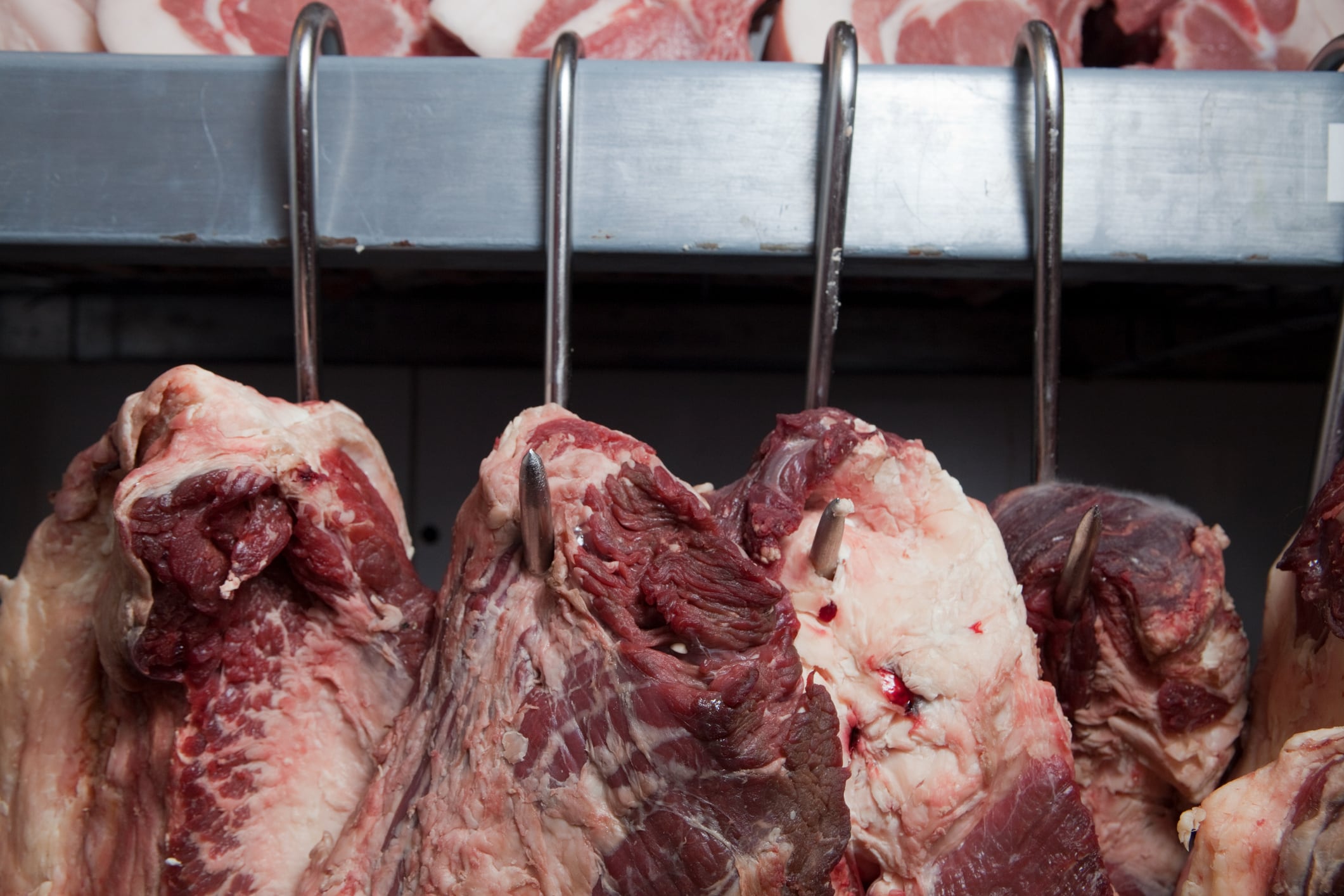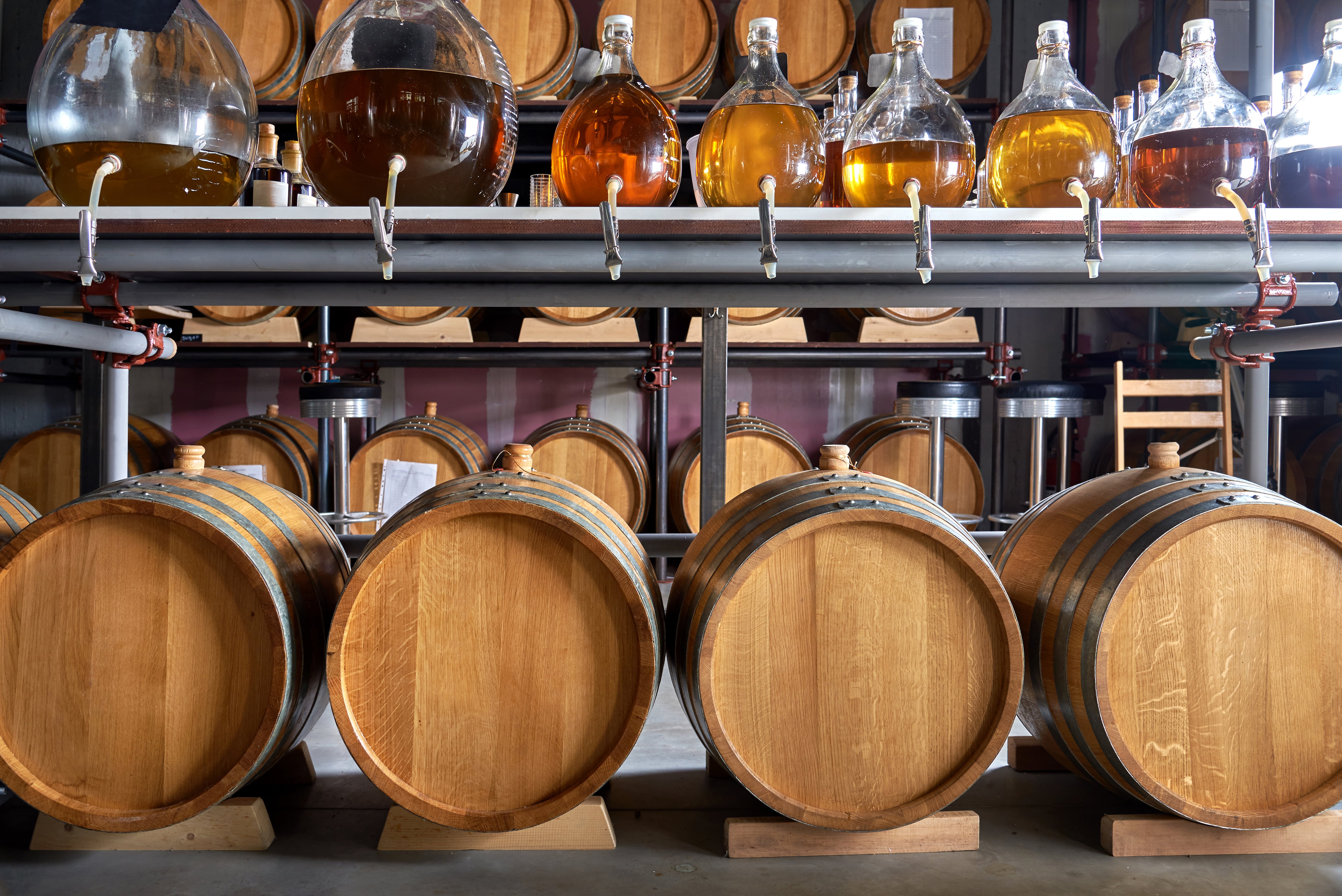The report highlighted that illegal meat imports, which have been increasing for a number of years, carry a high risk of animal diseases that threaten food security, farming and the UK economy.
Illegally imported meat also poses a serious health risk to consumers, due to the unregulated and unknown nature of the conditions of slaughter, handling and storage, meaning the meat is more likely to carry bacteria, viruses and parasites.
Some of the most serious animal diseases, like foot and mouth disease and African swine fever can travel long distances and cross borders in contaminated meat and dairy products.
For the report, representatives from the EFRA Committee visited the Port of Dover in March and witnessed a van being searched where meat was packaged in plastic bags and newspaper, stowed in cardboard boxes and kept in a defrosted chest freezer.
The committee also raised concerns about the inadequate facilities at the port, where staff had limited ability to decontaminate inspection areas and no dedicated handwashing stations.
One worker told MPs: “[I] found an entire pig stuffed inside a suitcase; its legs cut off badly so that it could fit inside. Not a professionally butchered animal.”
Meanwhile, workers from Dover Port Health Authority said: “There are literally hundreds of targeted vehicles driving straight past as we do not have the resources to stop and search.”
The report contested Defra’s assurance that intelligence led checks are being performed at the border, instead summarising the reality on the ground as “a limited and incomplete intelligence network, strained enforcement capability, and port facilities unsuitable for seizing significant volumes of potentially contaminated meat”.
It argued that there is currently no effective deterrent to meat smuggling and called on Defra to deliver a plan to immediately start fining and prosecuting repeat offenders and those who are attempting to smuggle significant amounts of animal products. Education campaigns aimed at raising public awareness about animal disease risks were also recommended.
On publication of the report, EFRA Committee chair Alistair Carmichael MP said: “Every day, vans laden with undeclared, unhygienic and unrefrigerated meat are rolling through our ports for distribution and sale in Britain. The authorities tasked with tackling this wave of illegal produce find themselves without the necessary leadership, resources and intelligence to do so.
“It would not be an exaggeration to say that Britain is sleepwalking through its biggest food safety crisis since the horse meat scandal. A still bigger concern is the very real risk of a major animal disease outbreak. The single case of foot and mouth disease in Germany this year, most likely caused by illegally imported meat, cost its economy one billion euros.
“This problem has been building over a number of years under successive governments. We are calling on this Government to get a grip on what has become a crisis, by establishing a national taskforce with proper leadership and a strategy, boosting food crime intelligence networks, creating and enforcing real deterrents to tackle the criminal enterprises involved and equipping port health and local authorities with the resources and the powers they need.”





